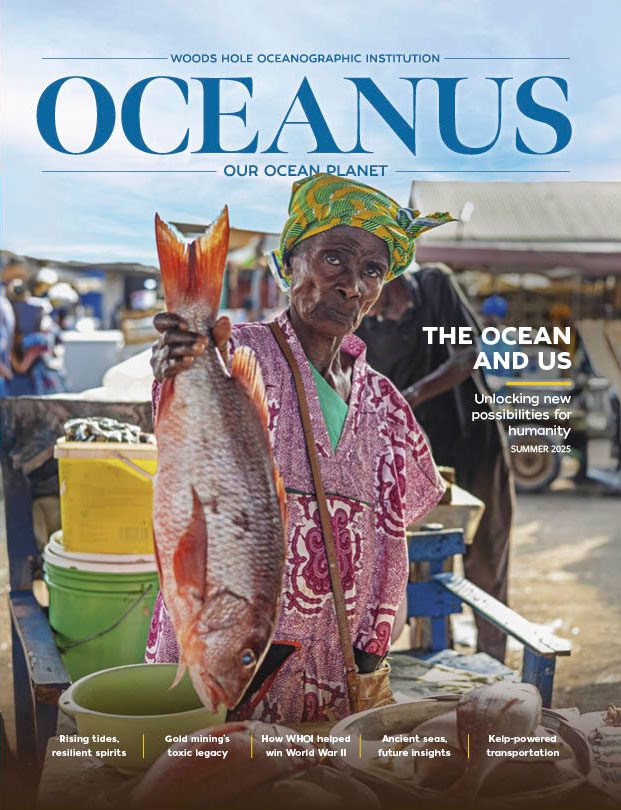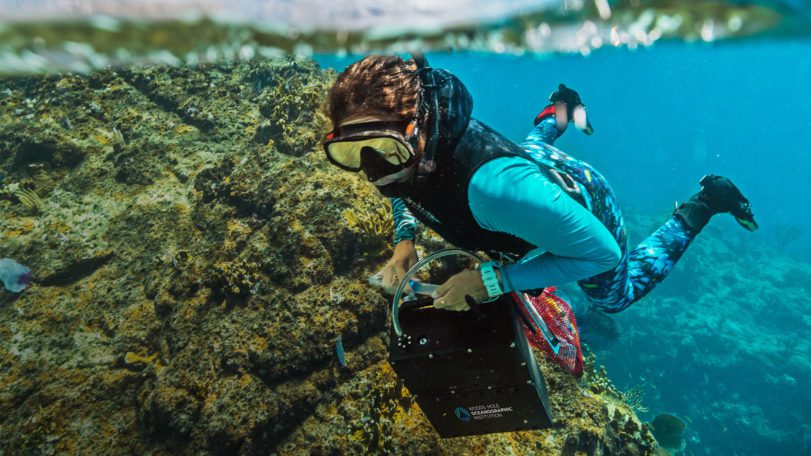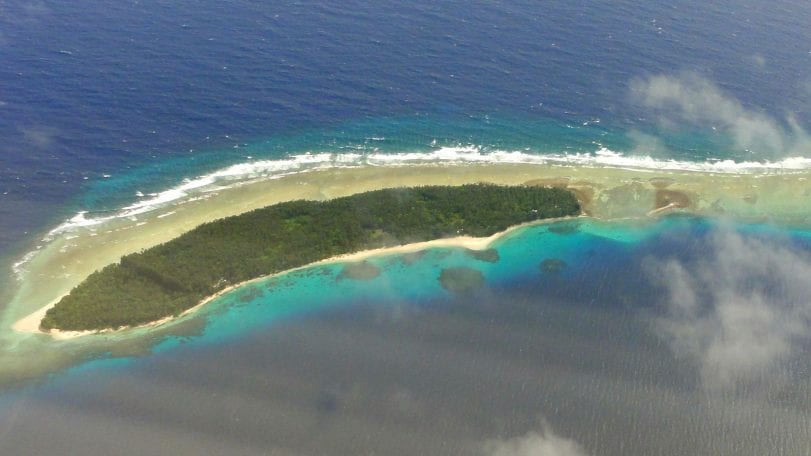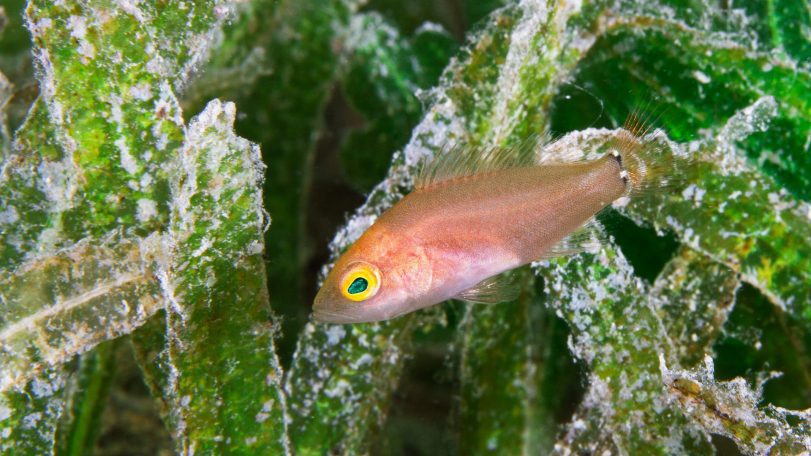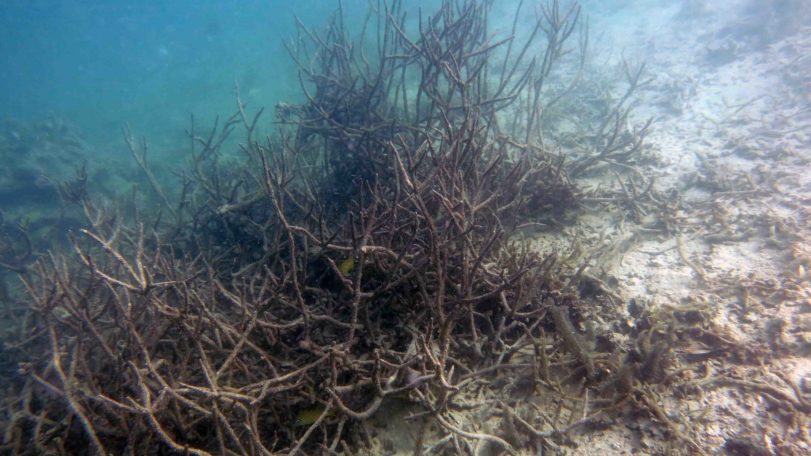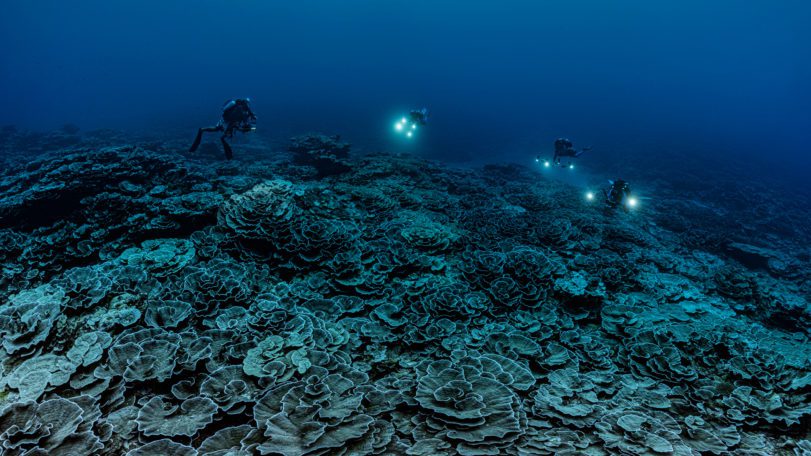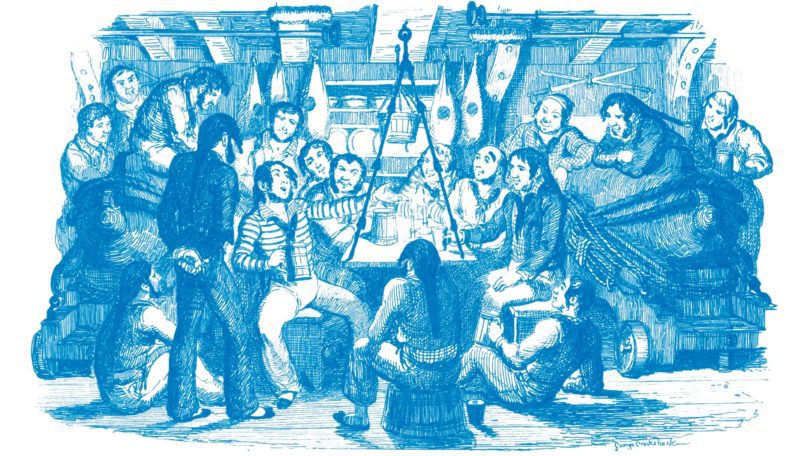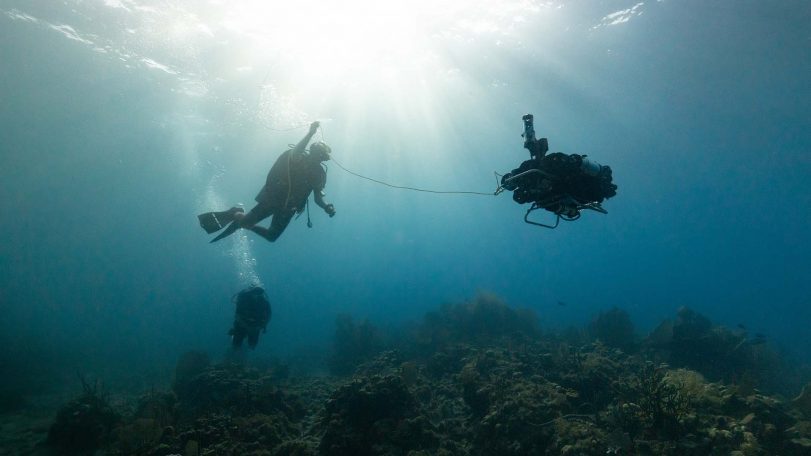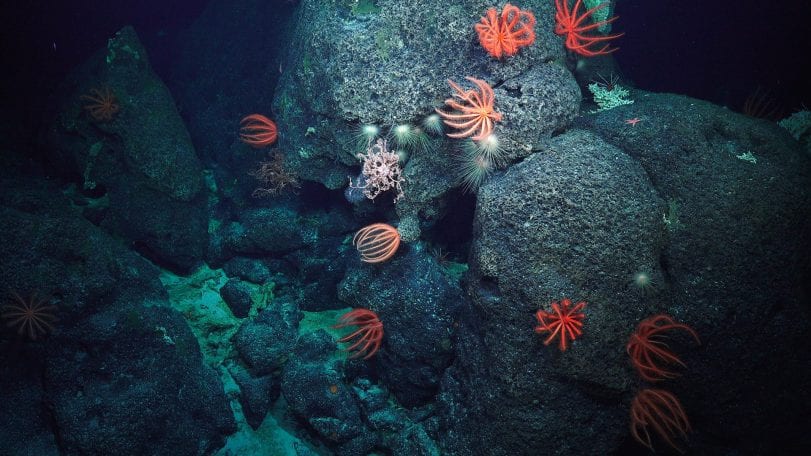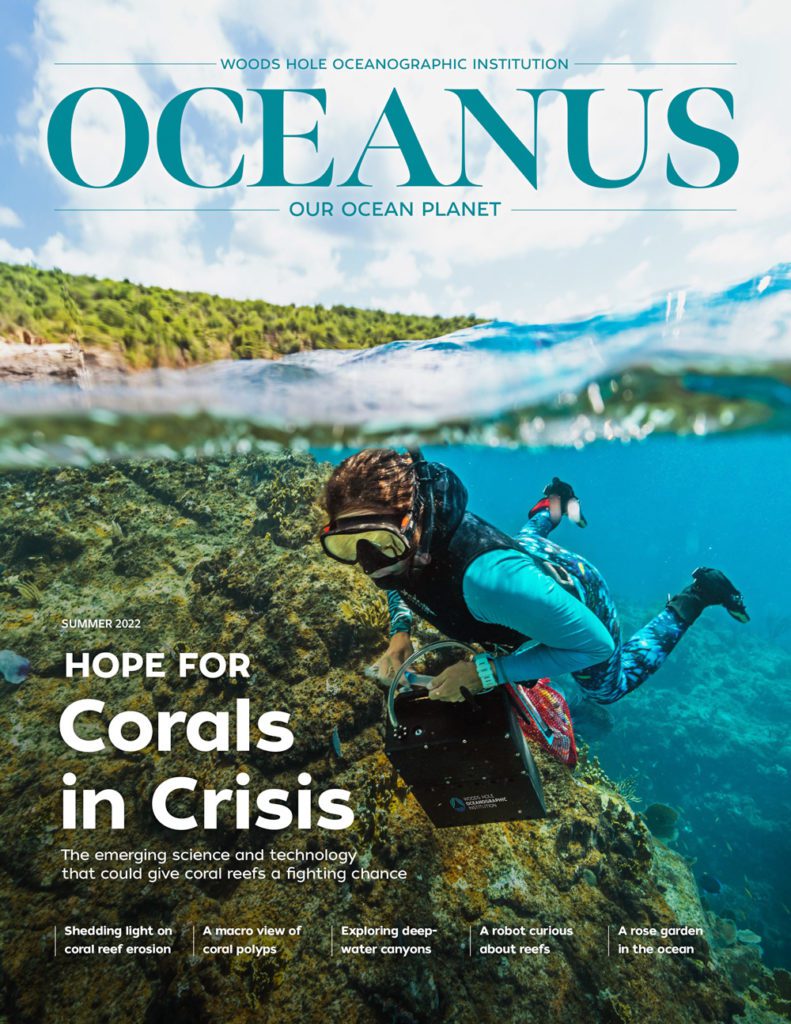
Summer 2022 ( Vol. 57 No. 1 )
and get Oceanus delivered to your door twice a year as well as supporting WHOI's mission to further ocean science.
Our Ocean. Our Planet. Our Future.
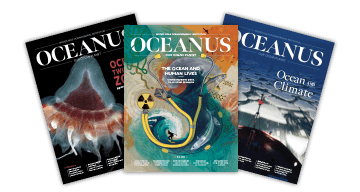
Hope for Corals in Crisis
The emerging science and technology that could give coral reefs a fighting chance
Novel tool sheds light on coral reef erosion
Coral reefs are among the last lines of defense against coastal flooding.
Tracking dispersal of baby fish for better reef conservation
To improve marine protected areas, WHOI scientists study the traffic patterns of juvenile reef fish
The hypoxic reef
Scientists say a lack of oxygen might be stressing tropical reefs even more than warming temperatures, acidification, and pollution. But the combination of these factors spells disaster for coral.
A bed of roses in the ocean
Flower-shaped corals blossoming off the island of Tahiti offer hope for reefs
Five idioms for ocean lovers
Do these ocean idioms come from seafaring history or not? The world is mine oyster, scuttlebutt, taken aback, between the devil and the deep blue sea, sea change.
A curious robot is poised to rapidly expand reef research
WHOI scientists with the Coral Catalyst Team are leveraging a new, artificially intelligent robot to automate coral reef health assessments
For Cynthia Becker, solutions to coral health are in the smallest details
MIT-WHOI Joint Program student Cynthia Becker sits down with Oceanus Magazine to explain why marine microbes may be the key to diagnosing reef health
Why we explore deep-water canyons off our coast
WHOI biologist Tim Shank joins NOAA Fisheries, the National Centers for Coastal Ocean Science, the National Ocean Service, and the Mid-Atlantic Regional Council on the Ocean (MARCO) to study the ecological diversity and economic value laden in the 90 underwater canyons along the northeast U.S. continental shelf
